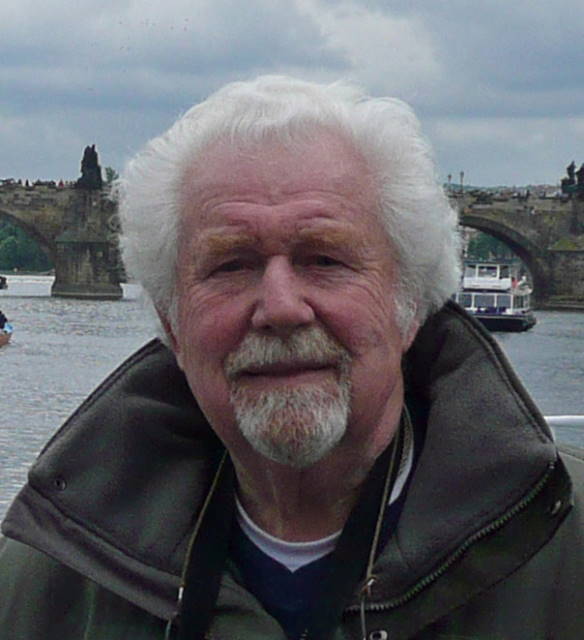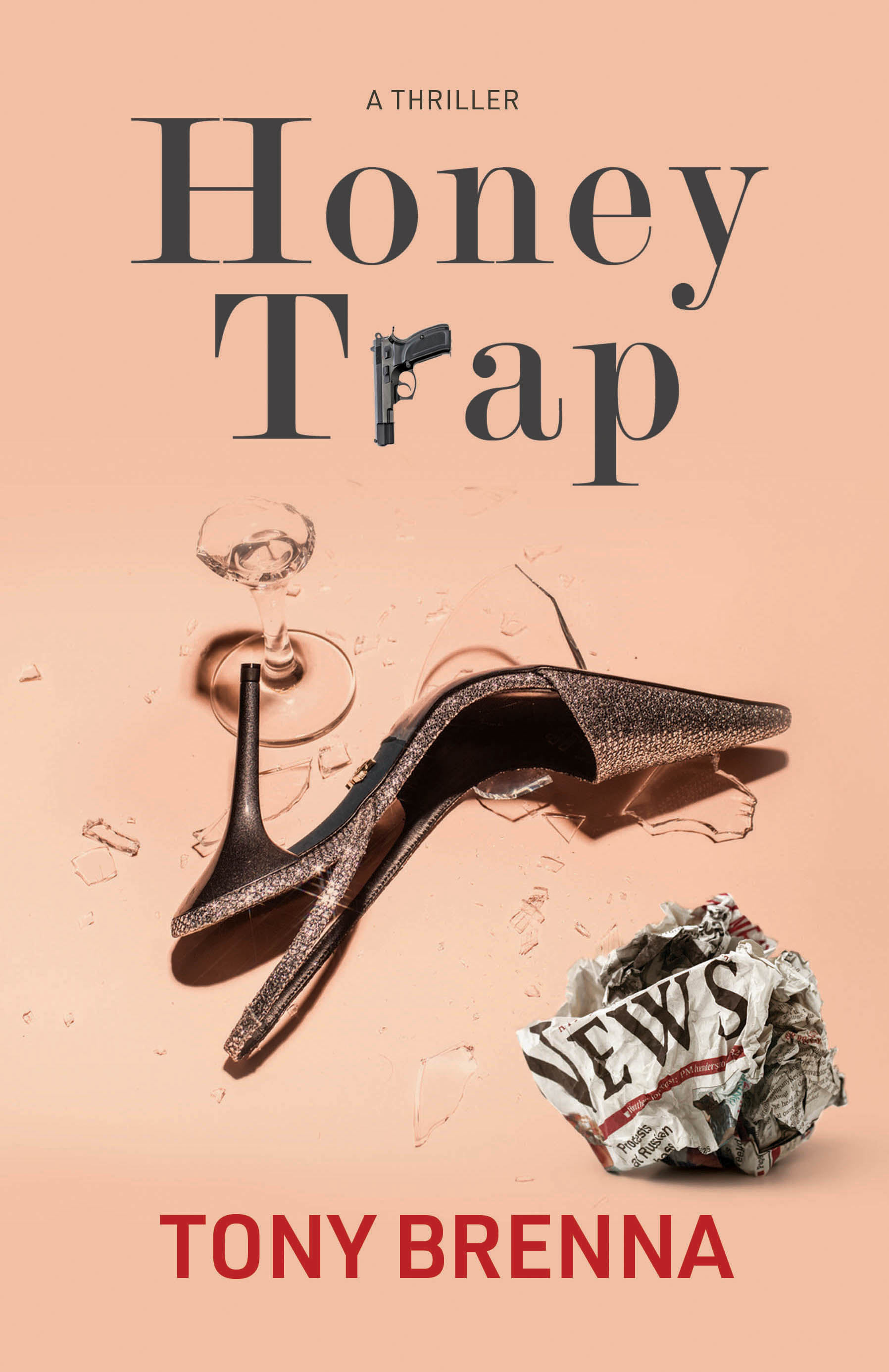Why I Had to Write "Honey Trap"
If you ask why I wrote Honey Trap, the answer is I wanted an informative tale as a basis for a first novel - one reflecting much of what I'd learned as a journalist involved in all forms of British and American media.
Like me, the book’s protagonist Mike Delano was a disruptive teenager expelled from school whose first job was at a local weekly newspaper. But, as in my case, he gained media positions he never dreamed possible in the following decades.
Mike and I have another commonality: we nearly died while reporting abroad -- fictional Delano in Iraq where they beheaded prisoners – and I in Uganda where journalists who upset Idi Amin vanished, reportedly thrown alive to Nile crocodiles.
After five years as the Daily Telegraph's United Nations correspondent, I had traveled to Africa from New York seeking a new challenge – and an escape from reporting dull and mostly ineffective UN diplomacy.
My fictional hero, Delano, also seeks adventure after working at the bureaucracy-laden UN. Unfortunately, it results in his Iraqi incarceration, where they ransom captured foreigners – and behead them if the cash remains unpaid.
Thus I leaned on my own experience with murderous Ugandans to open the novel - only substituting a more contemporary Iraqi locale.
They say, write what you know.
So I did throughout this book, drawing on what I'd learned about international diplomacy, Hollywood decadence, and corporate greed – much of which reverberates in Honey Trap.
Before working for British daily and Sunday newspapers and the BBC as a correspondent, I was a trade press editor writing for World's Press News in London and Editor and Publisher in Manhattan, where I interviewed and profiled top people in the newspaper and advertising industry.
Additionally, two years spent as a Madison Avenue copywriter gave me an insider's view of corporate skullduggery in numerous and varied forms.
By 1975 just back from Uganda, I had reached a professional crossroads, traumatized and disillusioned after witnessing executions while held prisoner for attempting to expose Amin's murderous regime. As a result, I no longer wanted to continue at the UN, reporting the activities of hypocritical UN diplomats.
Up the Garden Path
When the phone rang, and National Enquirer articles editor Billy Burt offered me a job, I wasn't sure I was willing to swap my prestigious career in Manhattan for a position on a scabrous weekly based in the Podunk town of Lantana, Florida.
I still remember Billy's enticing words delivered in his soft Scottish brogue: "You'll love it here, Tony. Big bucks. Lotsa travel globally. Live on company expenses while on the road. And the beaches are full of bikini beauties when you're home – come see for yourself."
I did.
As I walked up the Enquirer's fragrant palm-lined garden path a month later, I never dreamed it would be another 18 years before I could escape this lucrative tabloid madhouse.
As a Roving Editor, I traveled throughout Europe, Russia, and Asia doing all kinds of crazy stories, yarns vastly different from all my previous journalistic experiences.
To name a few, they ranged from witnessing the exorcism of a nun supposedly possessed by the devil to chasing a British princess and her lover to a private Caribbean island hideaway to exposing the mistreatment of dogs in the Philippines and tracking down a Japanese gangster who tried to blow up a jetliner.
In Hollywood, you name it and I covered it, for the Enquirer and other magazines published around the world: celebrity love affairs, death and drugs, and divorce – the highs and lows of the rich and famous that fascinated people globally.
I worked alongside the world's most piratical reporters – guys willing to charge through brick walls for the big money scoops editors wanted. To get them, I learned the tactics of guerilla journalism:
- How to beg, borrow and steal information via bugged phones and computers;
- How to tempt sources into betraying their celebrity masters;
- How to sneak into parties, weddings, and funerals, snatching pictures on miniature cameras while there as an uninvited guest; and
- How to scoop competitors in a cut-throat environment.
Fictional Mike Delano was born from these experiences. Like me, he grumbles about surrendering a reputable reporter's life for lucrative tabloid journalism. Still, he strives to be the best at what he does.
Like me, Delano turns cynical. Hollywood erodes his professional integrity; it exacerbates his amoral streak.
He learns the nexus of the entertainment industry is just another rat race where fame, wealth, and hedonism fuel a pernicious dream factory with global reach. But covering an industry run by corrupt narcissists is profitable.
Like me, he develops an unmatched cadre of sleazy sources. They feed his insatiable appetite for sensational headlines.
As the book's plot develops, it leads to the vengeful destruction of a despotic international media baron and the painful death of a womanizing superstar.
As a thriller, the novel needed plenty of action. Thus it has murder and mayhem, plus romance at its core – a love affair that ends in tragedy.
Readers are taken on a wild journey into the reality of tabloid journalism, drug cartels, and Tinseltown.
Much of the plot is derived from what I experienced covering Hollywood for the National Enquirer and working as West Coast correspondent for the Daily Mail– nerve-wracking and exciting years that made writing Honey Trap a necessity.

